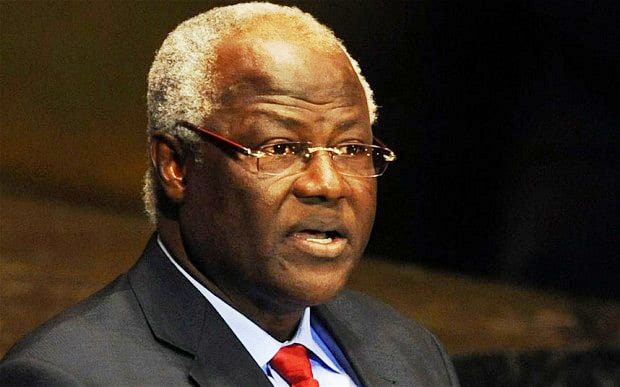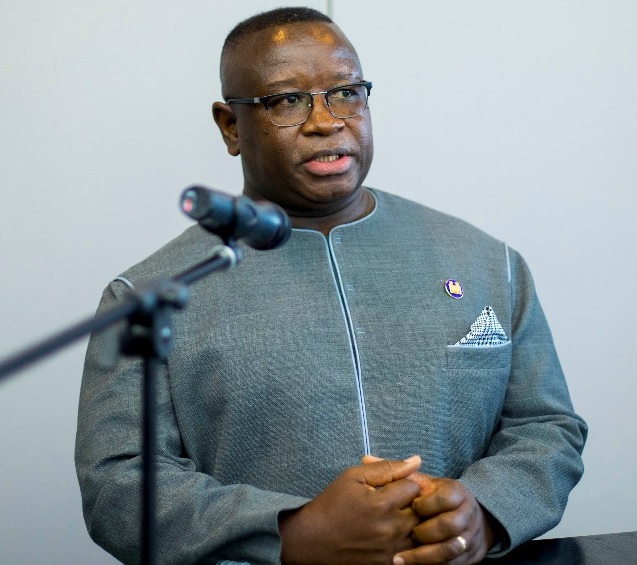Sierra Leoneans, who have gathered at the Bintumani dialogue conference, were thrilled to have heard Mariama Samai of the National Children’s Forum Network, Sierra Leone, presenting a thrilling and spectacular message on behalf of the children of Sierra Leone on how Sierra Leoneans should attain national peace and cohesion.
Mariama told the gathering that her message was developed after two days of consultative dialogue with representatives of children across Sierra Leone. She said they were gathered at the Saint Edwards Secondary School in Freetown to make their position clear on the path the country should take to attain peace and national cohesion.

The Children of Sierra Leone have emphatically stated that they don’t want to be asked what political party or color they belong, but want to be asked about their nationality. A peaceful and cohesive Sierra Leone for them is one that can provide them with the necessary basic social services and an efficient and quality educational system.
Mariama highlighted the fact that the unnecessary conflict created by politicians and their political parties has had a devastating impact on them as children, as they largely depend on adults for their livelihood. They, as children she noted, suffer considerably when politicians take certain decisions that result to conflicts and war. The children called on the politicians to give peace a chance and provide the much needed development for them to survive as children.
Many other groups, including the Women Forum and the Civil Society Groups, have also held government and the political class to task for politicizing state institutions.
Dr. Isata Mahoi, who presented on behalf of the Civil Society, called on Government to immediately strengthen the Ombudsman’s Office, the Political Parties Registration Commission, the National Electoral Commission as a short term measure to strengthen national peace and cohesion against the backdrop that the setting up of the National Peace Commission would require some huge funding and some considerable timing.
Many groups have called on Government to ensure that appointments to the peace commission be apolitical and should involve all facets of the Sierra Leonean society.
Dr. Ibn Chambers of the United Nations, together with representatives from ECOWAS and the Mano River Union, expressed their unflinching support at consolidating and sustaining peace in the country. They commended the president and his team for organizing such a dialogue and noted that it is critical to peace building.
Even though President Bio, in his remarks at the conference, has dismissed the fact that the conference has nothing to do with politics and political parties, many believed the problems around national peace and cohesion in Sierra Leone have to do with the ethnocentric and political divide created by the two traditional political parties (SLPP and APC).
The ‘winner takes all’ is shifting political power and allocation of state resources to one part of the divide at any time they are in power, leaving the other part to suffer.
This explains why there are always rising tensions whenever power changes hands. The previous APC government of Ernest Bai Koroma and the present SLPP government of President Bio are guilty of such tendencies. Subsequent governments from both the APC and SLPP have been very insincere to bury the hatchet and move forward largely out of distrust. These two parties have nursed the political and regional divide to a point that state institutions have been polarized along tribal and ethnic lines.
The very strong statement of President Bio, who is searching for peace and national cohesion at the Bintumani forum yesterday in front of international diplomats and other officials from the United Nations and other regional bodies, left much to be desired about the commitment and sincerity of the new administration to peace and national cohesion.
We will gather at Bintumani and make all the brilliant speeches around the issues hampering national cohesion, but nothing will significantly show on our national cohesion situation until we translate our speeches into commitment.


